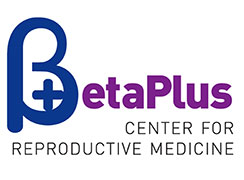2016. Vitamin D and (In)fertility
Primary role of vitamin D in humans is preservation of bone density. However, recent research have shown an important role of vitamin D in preserving the overall health of the organism. Reduced vitamin D levels have been found with people suffering from different chronic diseases such as cardiovascular diseases, autoimmune and malignant conditions as well as diabetes.
In addition, research has shown women with higher blood vitamin D levels get pregnant more often when undergoing medically assisted reproduction procedures than the ones with lower vitamin D levels.
A group of US authors has recently published a retrospective study which had proven that in women with polycystic ovary syndrome the serum level of vitamin D presents an independent factor in success rate of their medically assisted reproduction procedures. According to North American Endocrinology Society, sufficient blood vitamin D levels are ≥ 30 ng/ml (≥ 75 nmol/L). For women planning pregnancy the optimal levels are ≥ 45 ng/ml (≥ 112.5nmol/L), i.e. ≥ 39 ng/ml (≥ 97.5 nmol/L), after corrections according to the above mentioned study.
In women with polycystic ovary syndrome and reduced blood levels of vitamin D supplementing vitamin D in 50.000 IU doses/week during 8 weeks leads to regulation of menstrual cycle, reduction in acne and higher occurrence of spontaneous pregnancies, when compared to women who do not take vitamin D supplements.
Vitamin D levels can be determined through laboratory blood tests (25-OH D is determined). When testing, you should refrain from taking vitamin D supplements in order to achieve reliable results.
Make sure you consult your physician before starting vitamin D supplements because vitamin D overdose may have adverse effects on your health.




